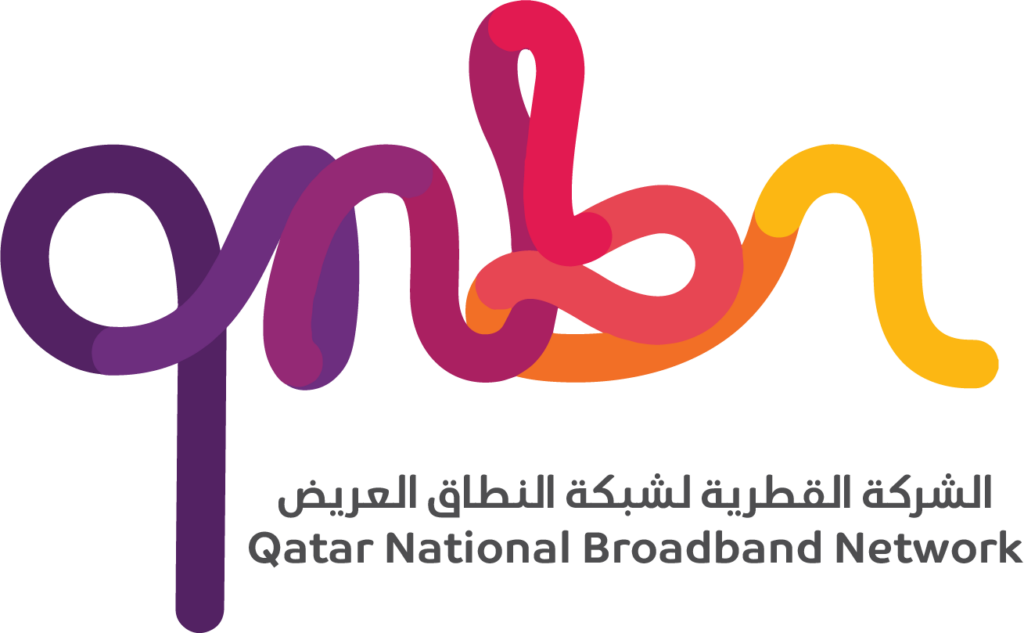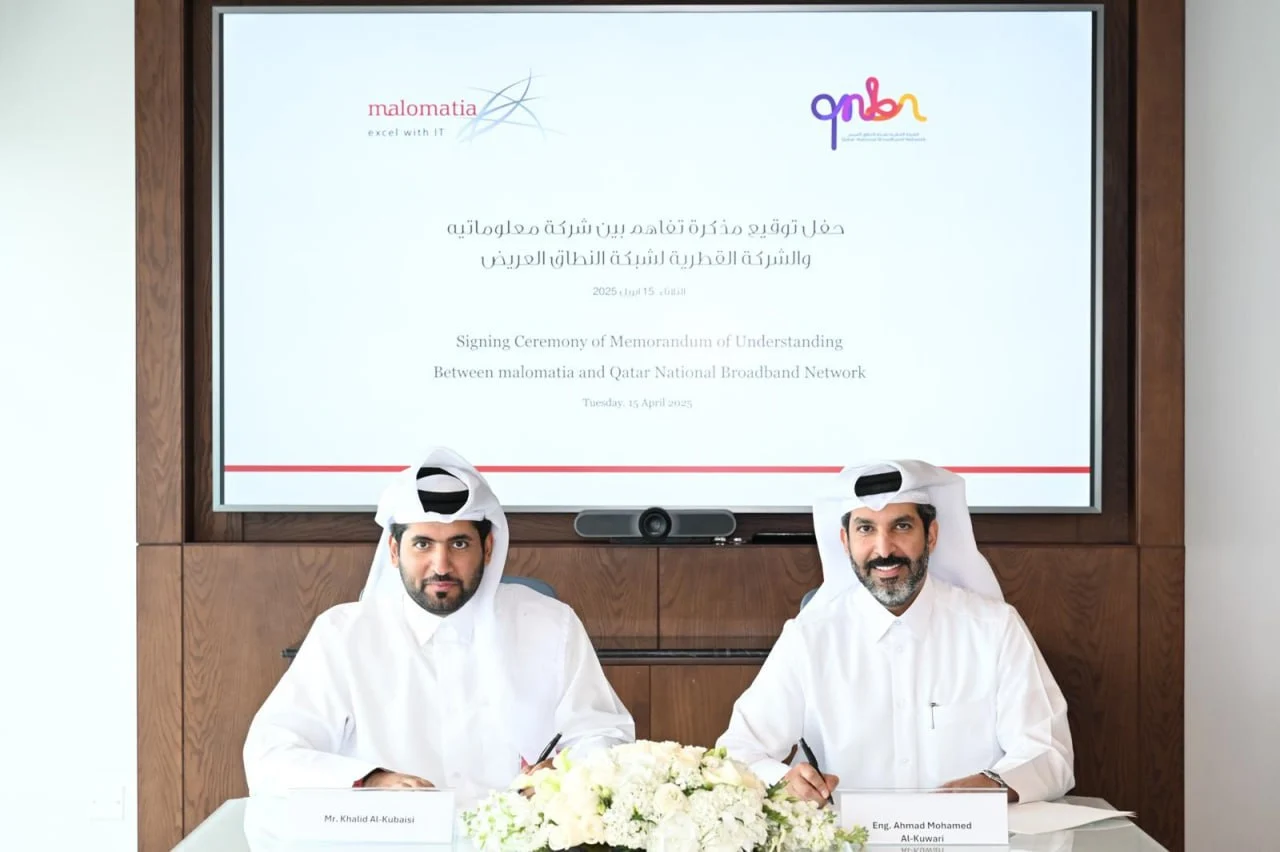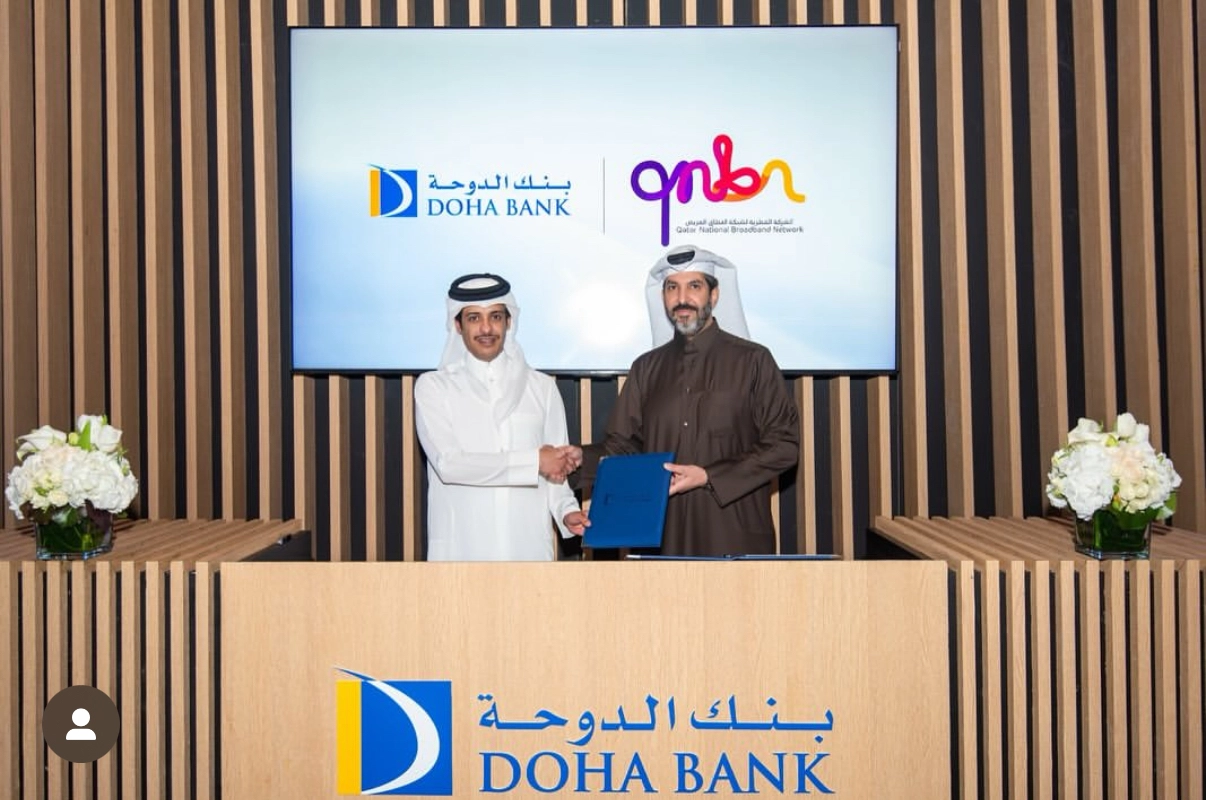Frequently Asked Questions
below you'll find answers to the questions we get asked the most about us
Fiber
- 1 What is fiber?
- Fiber optic cable is the next-generation alternative to copper wire networks and is at least 10 times faster than conventional broadband. It will transform the community and enterprise by bringing with it enhanced services, multi-media entertainment at faster download speeds, cost savings, more choice, increased competitiveness and improved sustainability. Fiber-optic communication is a method of transmitting information by sending pulses of light through an optical fiber. The light forms an electromagnetic carrier wave that is modulated to carry information. Fiber-optic communication systems have revolutionized the telecommunications industry. Because of their advantage over electrical transmission, optical fibers have largely replaced copper wire communications in core networks in the developed world as the most reliable solution for Internet access.
- 2 Why fiber?
- Fiber optic cable is at least 10 times faster than conventional broadband and considered the most reliable and future proof solution for Internet access. Fiber networks, which are capable of providing near-limitless capacity, offer the most future-proof approach to meeting broadband demand over the long term, not only for fixed services, but also for mobile backhaul. Fiber optic broadband infrastructure will have a dramatic effect on economic and social development in Qatar, opening up a new world of Internet media and information, and deliver better online government, business, health and education services to the nation – all at the speed of light. This will make Qatar the most well-connected country in the GCC.
- 3 How will fiber optic broadband infrastructure benefit me?
- The overall benefits of fiber optic broadband infrastructure are the improvements to Internet access, making it:
- Faster: downloading, multi-tasking, optimum streaming
- Better: more channels/content, more service innovations, from VOD to teleconferencing
- Clearer: unbeatable landline transmission and picture quality
- More sustainable: distinct cost and environmental advantages
- Most advanced in the region: speeds 100+Mbps, serving homes and businessesEveryone will benefit and that will bring the Internet at the speed of light to their home. This will:
- Improve the quality of life at home providing clearer reception and better sound and vision;
- Make entertainment come alive in the home with HDTV and video on demand;
- End-users will be able to send and receive data in an instant, communicate on social media, shop online, download DVDs in minutes and share photos in seconds, whilst making video calls to stay connected at the same time – and do all these faster, more easily and more effectively.
- Enable you to work from home and avoid traffic and reduce carbon emissionsFor businesses, fiber optic broadband infrastructure will:
- Give businesses of all sizes, from SMEs to large international corporations, a boost from the high speeds of fiber optic broadband infrastructure.
- Make businesses more competitive and empower SMEs
- Save cost by eliminating the need to travel for meetings and instead rely on eco-friendly video conferencing
- Create a more favorable innovation and investment climate
- Boost the efficiency of e-government services. Broadband will make Government data more accessible, facilitate the development of new applications and services; reduce government costs and the costs of accessing government services by increasing the use of online channels; and deliver front-line services to where they are most needed, at a lower cost.
- Speed up the development of e-health applications, enabling the exchange of patients’ digital health records among healthcare stakeholders and practitioners, and promoting telemedicine. Containing the patient’s complete medical history, digital health records will eventually enable practitioners to access this information irrespective of their location, reducing the strain on central medical institutions, and improving the accuracy of diagnoses.
- Ensure that real estate projects are future-ready and that they are capable of sustaining high-speed broadband in the long term. Qnbn has signed internal building infrastructure and cabling agreements with several developers.
- Enable better customer relationship management, stock and inventory control, knowledge management, backup and storage of data through faster, more efficient and effective connections
- Open up new possibilities in cloud computing with benefits including disaster recovery, security, new applications, bandwidth speeds and data transf
QNBN
- 1 What are QNBN’s goals?
- QNBN’s ultimate objective is to provide a nationwide coverage through its network’s infrastructure offering an impeccable user experience. We aim to leverage our robust foundation and achievements made thus far to further enhance the company, offering an expanded range of services to a more diverse clientele. In addition, our goal is to strengthen QNBN's position by investing in the expansion of a future-ready, cutting-edge fiber-optic network. This endeavor aims to provide our customers with unmatched connectivity, speed, and reliability. Additionally, the security and integrity of our clients’ data are of utmost importance to us. We are dedicated to implementing top-tier cybersecurity measures and collaborating with both local and national cybersecurity authorities to maintain the highest industry standards in data protection and integrity.
- 2 What does QNBN stand for?
- QNBN stands for its values that are inspired by Qatar National Vision 2030, Qatar’s National Development strategy, and Qatar’s ICT strategy. These values are the cornerstone that holds together QNBN’s culture and the way it conducts its business. These are:
- Empowerment: “Empowering QNBN staff, its customers, and the country.”
- Openness: “Ensuring that wherever possible there will be equal access to QNBN’s open network.”
- Innovation: “QNBN is a driver of innovation in Qatar and it is driven to innovate too.”
- Community: “The community empowers QNBN, and QNBN is committed to the community’s wellbeing.”
- 3 What does QNBN do?
- QNBN is an independent company wholly owned by the government, with a mandate to enable accessible high-speed communications with a cutting-edge fiber optics platform across Qatar. QNBN has established itself as the leading national passive fiber service provider. Over the past six years, QNBN has successfully managed and delivered thousands of connections through the Unified Government Network (UGN), which remains the foundation of QNBN's future growth. QNBN has also expanded its customer base among technically advanced entities in the private sector who recognize the benefits of an unrestricted and unthrottled network, providing them with a secure and seamless experience while reducing costs. Today, QNBN plays a pivotal role as a critical infrastructure provider in the State of Qatar, facilitating the communication needs of nearly all essential government entities. In essence, QNBN has become an important asset for the State of Qatar in the of telecom infrastructure sector.
- 4 Under whose auspices is QNBN operating?
- QNBN is one of the region’s first government initiatives operating with the mandate to drive nation-wide fiber optic broadband infrastructure roll-out.
- 5 Is QNBN private or public?
- QNBN is a commercially registered company owned by the Government of Qatar.
- 6 What is QNBN’s purpose and scope of work?
- QNBN is committed to being the conduit of Qatar’s advancement as it provides the latest fiber optic broadband infrastructure to help achieve a knowledge-based digital economy. This will have a transformational impact on the community, whilst accelerating innovation and knowledge sharing. It will also enable Qatar to consolidate its place as one of the most dynamic, progressive and fastest growing economies in the region. QNBN’s fiber optic broadband infrastructure empowers citizens and businesses across the nation. It does so by enabling the delivery the Internet speeds people require to succeed at work, enjoy the capabilities of the Internet at home, education, healthcare, and experience more efficient and responsive public services in their everyday life.
- 7 What is QNBN’s role and position vis a vis service providers such as Vodafone and Ooredoo?
- QNBN leases its passive fiber optic broadband infrastructure for service providers so that they offer their broadband services to end users.
Rollout
- 1 What is the status of QNBN roll out plan?
- QNBN's efforts are currently underway to connect towers and compounds in the West Bay area, as well as the Msheireb Downtown Doha project. Barwa City, Barwa Commercial Avenue and six central offices have also been connected. QNBN has also finalized many major agreements with some of the country’s best-known names in the real estate developments, healthcare, oil and gas, education, and government sectors for providing private networks. QNBN are also working closely with real estate developers to ensure that their projects are ready for high-speed broadband networks.
- 2 How long will the construction phase take?
- The construction phase during is three years.




